Marine Environmental Changes (@marineenviro)
Hey friend!
Marine and terrestrial environmental changes in NW Europe

In NW Europe, there have been significant environmental changes both in the marine and terrestrial ecosystems. These changes have had a major impact on the overall health of the planet and have important implications for future sustainability.
One of the key factors influencing these changes is the release of carbon at the Paleocene-Eocene transition. This release of carbon has led to a shift in the climate, causing significant alterations in the environment. The rise in temperature and changes in precipitation patterns have resulted in shifts in species distribution, changes in vegetation composition, and alterations in marine ecosystems.
The effects of these changes are particularly pronounced in the marine environment. Rising sea temperatures have led to coral bleaching events, where warm waters cause coral to expel the symbiotic algae that provide them with nutrients. This bleaching severely damages coral reefs and disrupts the delicate balance of marine ecosystems. Additionally, the increased acidity of the oceans as a result of carbon absorption poses a threat to marine life, particularly organisms with calcium carbonate shells, such as mollusks and corals.
On land, the changes in temperature and precipitation patterns have also had significant impacts. Changes in vegetation composition have been observed, with some species undergoing range shifts while others decline in abundance. This has implications for the wildlife that depend on these plants for food and shelter. Additionally, changes in the timing of flowering and fruiting events affect pollinators and seed dispersal processes.
In order to mitigate the effects of these environmental changes, it is crucial that we take action. This can include reducing our carbon emissions, implementing sustainable land management practices, and protecting and restoring ecosystems. These actions not only benefit the environment but also contribute to the overall health of the planet.
Oceans: Measuring Planet Health
The health of our oceans is a crucial indicator of the overall health of the planet. The Ocean Health Index is a tool that measures various aspects of ocean health, including chemical pollution, biodiversity, and ecosystem services.
Chemical pollution is a significant issue affecting our oceans. It includes pollutants such as oil spills, plastic waste, and industrial chemicals. These pollutants can have severe impacts on marine life, leading to habitat destruction, reduced reproduction rates, and overall population declines. It is important that we take steps to reduce chemical pollution and protect our oceans.
Biodiversity is another important aspect of ocean health. It refers to the variety of species and ecosystems found in the oceans. A high level of biodiversity is essential for the stability and resilience of marine ecosystems. Threats to biodiversity include overfishing, habitat destruction, and climate change. By implementing sustainable fishing practices, protecting marine habitats, and reducing our carbon emissions, we can help preserve and restore biodiversity in our oceans.
Ecosystem services provided by the oceans are vital for human well-being. These services include food provision, climate regulation, and coastal protection. For example, fish and seafood are an important source of protein for many communities around the world. By maintaining healthy and productive oceans, we can ensure the continued provision of these essential ecosystem services.
Overall, measuring the health of our oceans is an important step towards understanding and addressing the environmental challenges we face. By taking action to reduce pollution, protect biodiversity, and preserve ecosystem services, we can ensure the long-term health and sustainability of our oceans.
MPhil in Marine Environmental Science, Hong Kong, Hong Kong 2020

The MPhil in Marine Environmental Science program in Hong Kong offers students the opportunity to explore and understand the complex environmental issues affecting our oceans. This program provides a comprehensive education in marine science, with a focus on environmental sustainability and conservation.
Students in this program will gain a deep understanding of the physical, chemical, and biological processes that shape marine environments. They will also learn about the impact of human activities on marine ecosystems and develop the skills necessary to address these challenges.
The curriculum of the MPhil in Marine Environmental Science program covers a wide range of topics, including marine pollution, climate change, marine biodiversity, and coastal management. Students will have the opportunity to conduct research and participate in fieldwork, gaining hands-on experience in studying and monitoring marine environments.
Graduates of the program will be well-equipped to pursue careers in marine conservation and environmental management. They can work in government agencies, non-profit organizations, research institutions, or consulting firms, contributing to the protection and sustainable use of marine resources.
Overall, the MPhil in Marine Environmental Science program in Hong Kong provides students with the knowledge and skills necessary to make a positive impact on the health and sustainability of our oceans.
Marine Environmental Education Center (Hollywood) - 2020 All You Need

The Marine Environmental Education Center in Hollywood, Florida, is a great destination for anyone interested in learning about marine environments and conservation. This educational center offers a range of programs and activities designed to educate and inspire visitors of all ages.
The center features interactive exhibits that provide information on marine ecosystems, biodiversity, and the impact of human activities on the oceans. Visitors can learn about the importance of protecting and preserving marine environments and the role they play in our daily lives.
In addition to exhibits, the Marine Environmental Education Center offers guided tours, educational workshops, and hands-on activities. Visitors can participate in beach clean-ups, snorkeling trips, and even get up close and personal with marine animals through interactive encounters.
The center also conducts research and conservation programs, working to protect and restore local marine ecosystems. Through these programs, visitors can learn about ongoing conservation efforts and how they can get involved in making a difference.
The Marine Environmental Education Center is a valuable resource for anyone interested in marine science and conservation. Whether you are a student, a teacher, or simply a curious visitor, this center provides a wealth of information and opportunities to learn about our oceans and how we can protect them.
ADAPTIVE: how marine invertebrates will adapt to future environmental
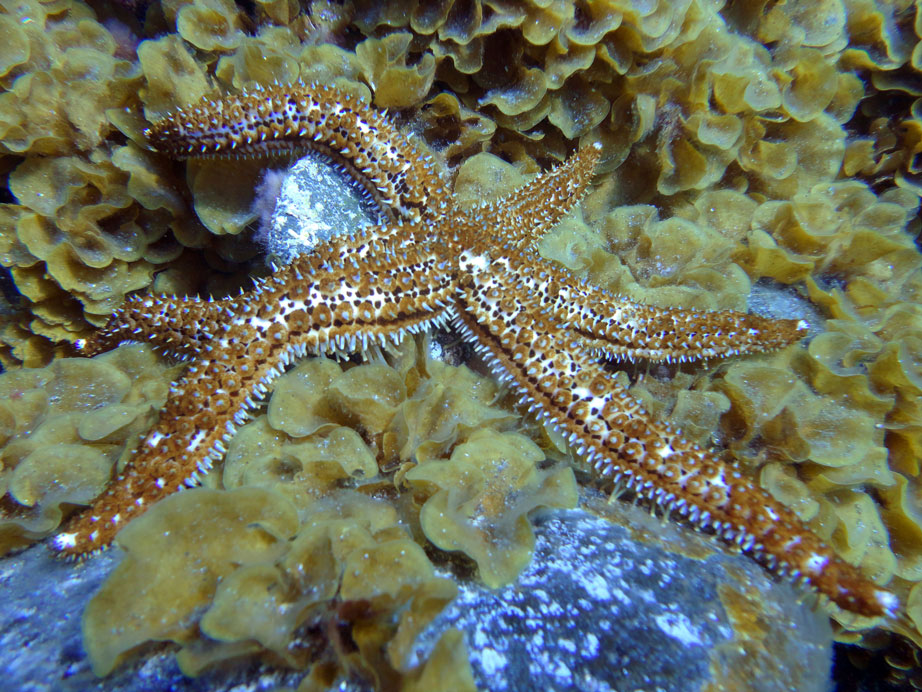
ADAPTIVE is a research project focused on understanding how marine invertebrates will adapt to future environmental conditions. This project aims to shed light on the ability of these organisms to cope with the ongoing changes in their habitats and the potential impacts on their survival and ecosystem functioning.
Marine invertebrates, such as corals, mollusks, and echinoderms, play crucial roles in marine ecosystems. They provide habitat for other species, contribute to nutrient cycling, and support food webs. However, they are also highly vulnerable to environmental changes, including rising sea temperatures, ocean acidification, and changes in nutrient availability.
Through the ADAPTIVE project, researchers are studying how these organisms respond to these environmental stressors. They are investigating the mechanisms underlying their adaptations and the potential for acclimatization or evolutionary change.
One area of focus is the ability of marine invertebrates to tolerate or cope with increased temperatures. Some species may be able to adjust their physiology or behavior to survive in warmer conditions, while others may face extinction if they are unable to adapt quickly enough.
Another aspect of the research is exploring the effects of ocean acidification on marine invertebrates. As carbon dioxide levels rise in the atmosphere, the oceans absorb more CO2, leading to increased acidity. This can affect the ability of marine invertebrates to build and maintain their calcium carbonate shells, making them more vulnerable to predation and other threats.
The findings from the ADAPTIVE project will contribute to our understanding of the potential impacts of climate change on marine ecosystems. This knowledge is essential for developing effective conservation strategies and management plans to protect these valuable and vulnerable organisms.
Climate or Weather? on Flipboard by bostle | News, Coral Reefs
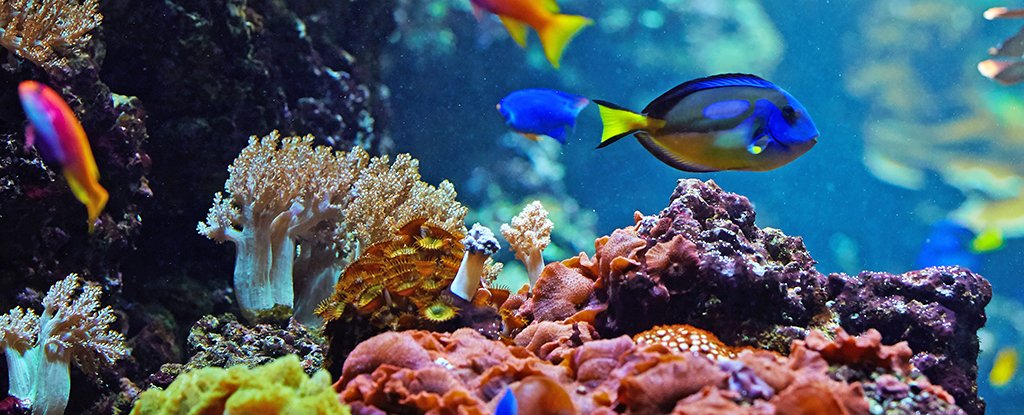
Understanding the difference between climate and weather is essential for comprehending the long-term changes happening in our marine ecosystems, particularly coral reefs. While weather refers to the atmospheric conditions experienced on a short-term basis, climate refers to the long-term patterns and trends observed over a more extended period.
Coral reefs, which are diverse ecosystems harboring a multitude of marine species, are highly sensitive to changes in climate. The temperature of the water, along with other environmental factors, plays a significant role in the health and survival of coral reefs. Changes in climate, such as rising sea temperatures, can lead to coral bleaching events, where corals lose their vibrant colors and become more susceptible to disease and death.
On the other hand, weather phenomena, such as storms and cyclones, can have immediate and severe impacts on coral reefs. These extreme weather events can physically damage the reefs, breaking apart the coral structures and killing marine organisms. The intensity and frequency of these events can vary from year to year.
Therefore, while weather events can have immediate and localized impacts on coral reefs, climate change has a more significant and long-term effect. The overall trend of rising temperatures and changing environmental conditions associated with climate change poses a significant threat to the health and survival of coral reefs worldwide.
It is crucial that we address climate change and mitigate its impact on marine ecosystems. By reducing greenhouse gas emissions, implementing sustainable fishing practices, and protecting coral reef habitats, we can help preserve these valuable and fragile ecosystems for future generations.
What forecasting dead zones teaches us about Chesapeake Bay
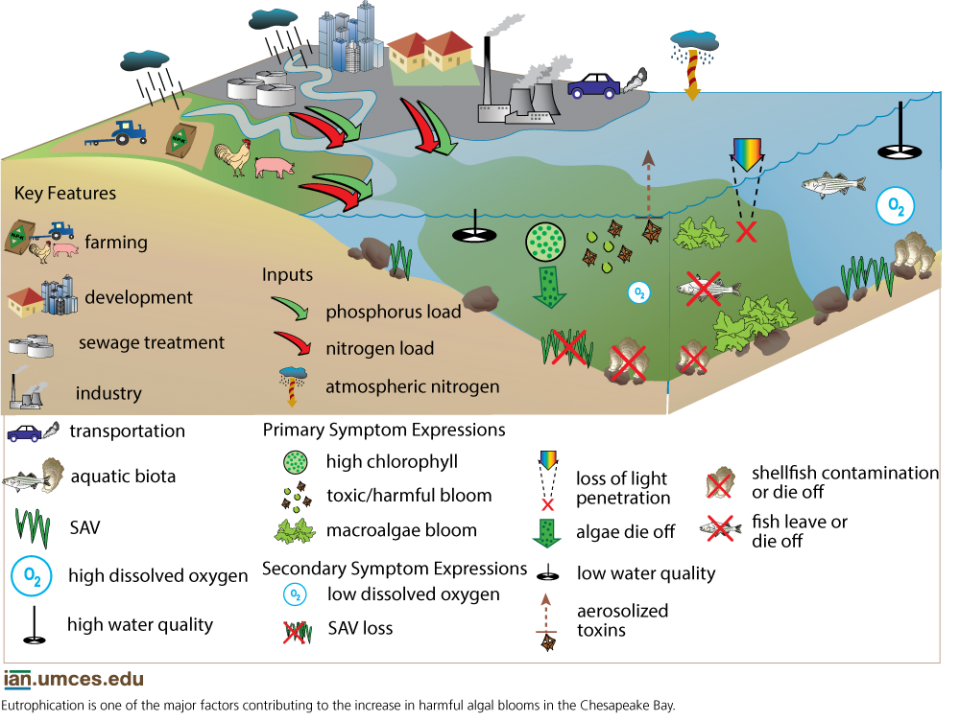
The Chesapeake Bay is a unique and valuable ecosystem that supports a wide range of plant and animal species. However, like many other coastal areas around the world, the bay is threatened by the formation of dead zones, areas with low oxygen levels that cannot support marine life.
Dead zones in the Chesapeake Bay are primarily caused by eutrophication, a process in which excessive amounts of nutrients, such as nitrogen and phosphorus, enter the water. These nutrients come from various sources, including agricultural runoff, sewage treatment plants, and atmospheric deposition.
When these nutrients enter the bay, they stimulate the growth of algae, a phenomenon known as an algal bloom. As the algae die and decompose, oxygen levels in the water decrease, leading to the formation of dead zones.
Scientists use forecasting models to predict the formation and extent of dead zones in the Chesapeake Bay. These models take into account various factors, such as nutrient inputs, temperature, and water circulation patterns. By understanding the processes and drivers of dead zone formation, scientists can develop strategies to mitigate their impacts and protect the health of the bay.
One approach to reducing dead zone formation is through nutrient management practices. By implementing measures to reduce nutrient inputs, such as using fertilizer more efficiently and implementing buffer zones along waterways, we can reduce the occurrence and severity of algal blooms and subsequent dead zones.
Another strategy is to improve wastewater treatment processes to remove excess nutrients before they enter the bay. Upgrading sewage treatment plants and implementing advanced treatment technologies can help reduce nutrient loads and improve water quality in the bay.
Monitoring and research efforts are essential to understanding the drivers and impacts of dead zones in the Chesapeake Bay. By continuing to study these processes and implementing effective management strategies, we can protect and restore the health of this important coastal ecosystem.
Waitā – Ocean and marine conditions | Ministry for the Environment
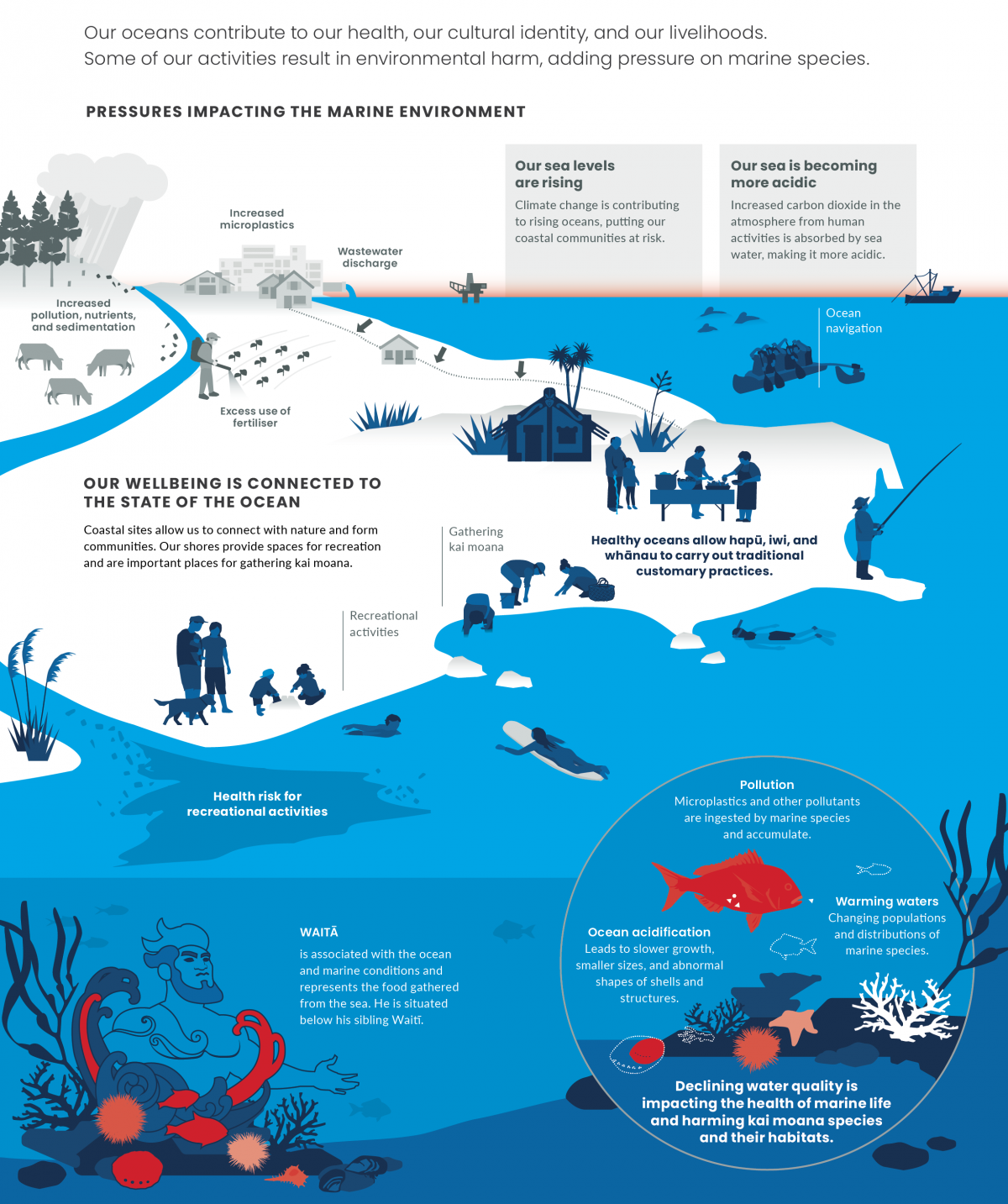
Waitā, which means "ocean" in the Māori language, is an initiative by the Ministry for the Environment in New Zealand that provides information on the conditions of the country's oceans and marine environments.
Waitā offers a range of data and resources that can be accessed by the public, researchers, and policymakers. The information includes data on water quality, biodiversity, climate change, and coastal processes.
One of the key features of Waitā is the Ocean Metrics Explorer, an interactive tool that allows users to explore and visualize ocean data. This tool provides information on various aspects of the marine environment, such as sea surface temperatures, wave heights, and nutrient levels.
By making this data freely available, Waitā aims to promote awareness and understanding of the state of New Zealand's oceans and marine environments. This knowledge is crucial for informed decision-making and the development of effective policies to protect and sustainably manage these valuable resources.
The Waitā initiative also includes educational resources and outreach programs to engage and educate the public about ocean conservation. Through these efforts, Waitā encourages individuals and communities to take action to protect and restore the health of New Zealand's oceans.
Ocean acidification may cause dramatic changes to phytoplankton
Ocean acidification, a consequence of increasing carbon dioxide levels in the atmosphere, has the potential to cause significant changes to the composition and distribution of phytoplankton in the world's oceans.
Phytoplankton are microscopic algae that play a crucial role in marine ecosystems. They are the primary producers in the ocean, converting sunlight and nutrients into organic matter through photosynthesis. Phytoplankton form the base of the marine food web, providing food for zooplankton and other organisms.
However, as the oceans absorb more carbon dioxide from the atmosphere, their pH levels decrease, leading to increased acidity. This change in acidity can have detrimental effects on phytoplankton. Some species may experience reduced growth rates and impaired photosynthesis, while others may benefit from the additional carbon dioxide available for photosynthesis.
Changes in the composition and abundance of phytoplankton can have far-reaching consequences for marine ecosystems. They can affect the availability of food for higher trophic levels, such as fish and marine mammals, and influence the overall productivity and stability of the oceans.
Understanding the impacts of ocean acidification on phytoplankton is crucial for
If you are looking for (PDF) Marine Environmental Characterization you've visit to the right page. We have 30 Pictures about (PDF) Marine Environmental Characterization like marine environment – News, Research and Analysis – The Conversation, Effects of Ocean and Coastal Acidification on Ecosystems | Ocean and and also Place-Based Conservation | Conservation, Ocean conservation, Marine. Here it is:
(PDF) Marine Environmental Characterization
 www.researchgate.net
www.researchgate.net characterization
Terrestrial marine transition eocene preceding nw paleocene environmental carbon changes europe release. Incident learnt
Marine Environmental Education Center (Hollywood) - 2020 All You Need
 www.tripadvisor.com
www.tripadvisor.com Environmental conserving ecosystem oceanservice noaa gov ecosystems act. Marine environmental (@marineenviro)
Marine Biodiversity Driven By Environmental Changes
 www.medindia.net
www.medindia.net marine driven changes biodiversity environmental fossil evolution million records past study found used over
Spyglass framework environmental. Insight into marine life's ability to adapt to climate change
What Forecasting Dead Zones Teaches Us About Chesapeake Bay
 www.umces.edu
www.umces.edu eutrophication chesapeake estuary levels forecasting teaches watershed illustrating integration
Oceans: measuring planet health « earthdecks. How does climate change impact our reefs?
Environment News India In 2021 | Marine Ecosystem, Environmental Impact
 www.pinterest.com
www.pinterest.com seabed panas bumi impacts pengeboran oceans marine badan swasta skema risiko manajemen eksplorasi pemerintah iucn metals ilmu hopes explainer firstpost
Affecting atmospheric dioxide nearshore strategy increased oceans habitats depicting. Observed and modelled marine environmental change
Ocean Acidification May Cause Dramatic Changes To Phytoplankton
ocean carbon cycle biological pump food web marine oceans phytoplankton ecosystem credit national deep acidification does organisms nature constantine ridge
Image result for protect the ocean poster. Eutrophication chesapeake estuary levels forecasting teaches watershed illustrating integration
Insight Into Marine Life's Ability To Adapt To Climate Change | Climate
 www.pinterest.com
www.pinterest.com constantinealexander
Marine ecosystems extinction ecosystem worst mass events climate weather survive study shows icon. Climate or weather ? on flipboard by bostle
Marine & Environmental Sciences – Alaska Pacific University
 www.alaskapacific.edu
www.alaskapacific.edu marine sciences environmental biology alaska bachelor science
Marine sciences environmental biology alaska bachelor science. Factors affecting nearshore strategy species and habitats – oregon
Marine Ecosystem — Science Learning Hub
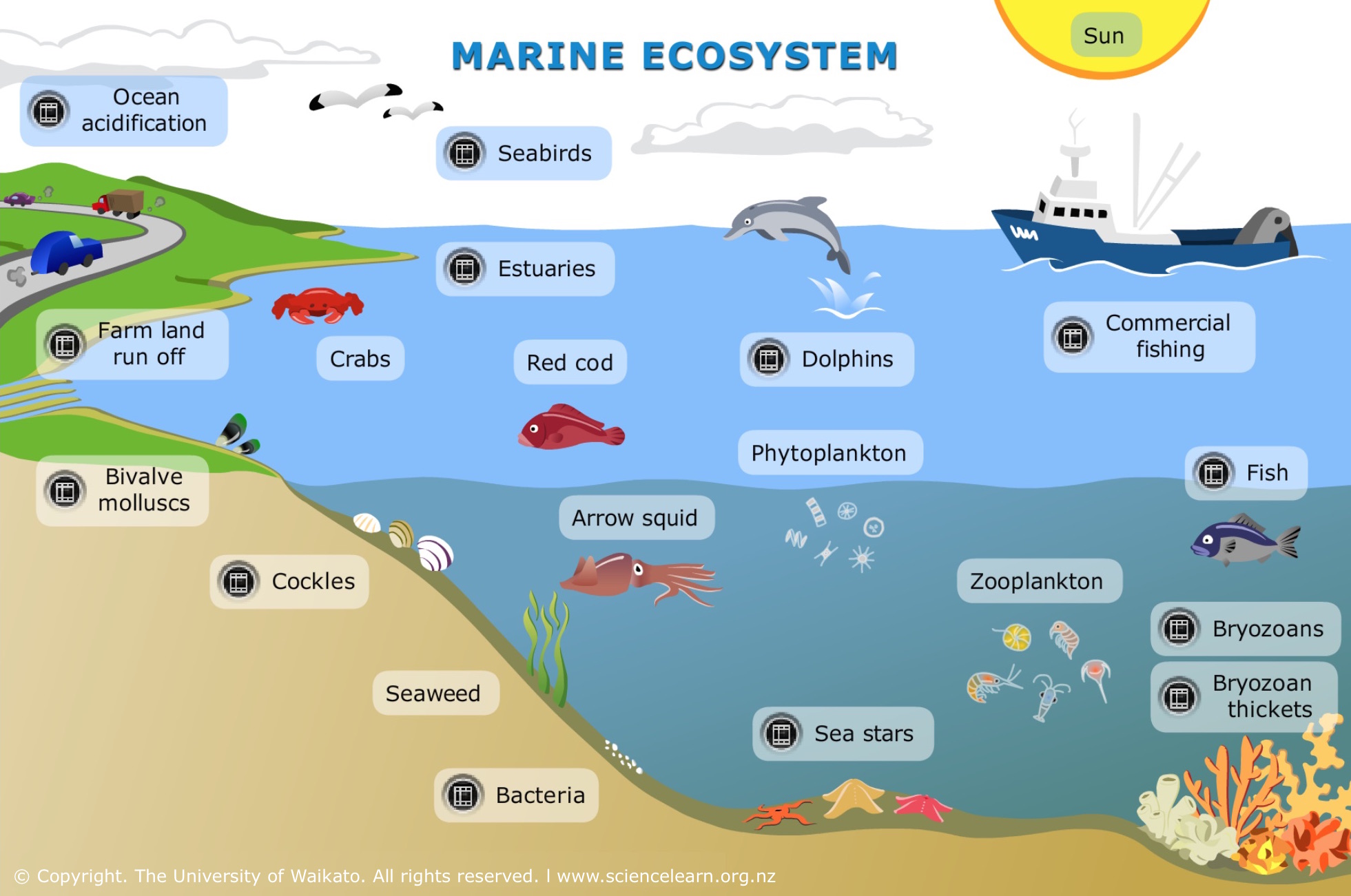 www.sciencelearn.org.nz
www.sciencelearn.org.nz ecosystem ecosystems clicking
Factors affecting nearshore strategy species and habitats – oregon. Mphil in marine environmental science, hong kong, hong kong 2020
Marine Environmental Research - Journal - Elsevier
 www.journals.elsevier.com
www.journals.elsevier.com environmental marine research elsevier journals journal snip normalized impact per source paper 1136
Mphil in marine environmental science, hong kong, hong kong 2020. Effects of ocean and coastal acidification on ecosystems
MPhil In Marine Environmental Science, Hong Kong, Hong Kong 2020
 www.masterstudies.com
www.masterstudies.com marine environmental science environment hong kong mphil program description
Factors affecting nearshore strategy species and habitats – oregon. Ocean carbon cycle biological pump food web marine oceans phytoplankton ecosystem credit national deep acidification does organisms nature constantine ridge
Marine Environmental (@MarineEnviro) | Twitter
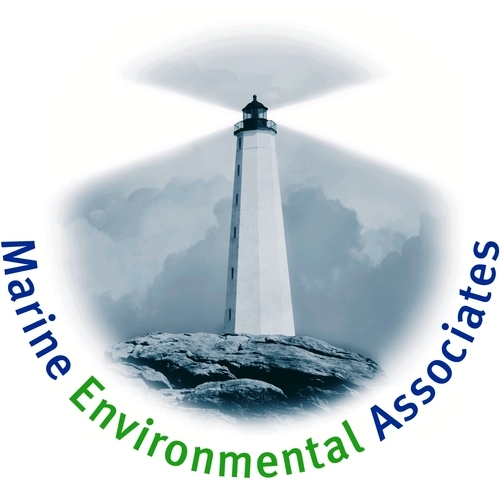 twitter.com
twitter.com environmental marine
Marine ecosystems extinction ecosystem worst mass events climate weather survive study shows icon. Coastal ecosystems impacted by pollution (black) and climate change
(PDF) Marine And Terrestrial Environmental Changes In NW Europe
 www.researchgate.net
www.researchgate.net terrestrial marine transition eocene preceding nw paleocene environmental carbon changes europe release
Incident learnt. Marine driven changes biodiversity environmental fossil evolution million records past study found used over
ADAPTIVE: How Marine Invertebrates Will Adapt To Future Environmental
 wp.ull.es
wp.ull.es marine invertebrates adapt adaptive environmental changes future
Waitā – ocean and marine conditions. (pdf) marine environmental characterization
Some Marine Ecosystems Failing-Future Global Warming Changes
 www.pinterest.com
www.pinterest.com marine ecosystems global choose board warming predictions failing changes future some
What forecasting dead zones teaches us about chesapeake bay. Ecosystem ecosystems clicking
Global Warming Is Pushing Microbes Into Damaging Climate Feedback Loops
 coyotegulch.blog
coyotegulch.blog microorganisms terrestrial microbes warming damaging loops mediterranean pushing actonclimate soil environmental acidification microbial factors soils bacteria microbiology environments fungi
Marine ecosystems extinction ecosystem worst mass events climate weather survive study shows icon. Environment news india in 2021
5009 – Marine Environmental Awareness Incident - Maritime Courses
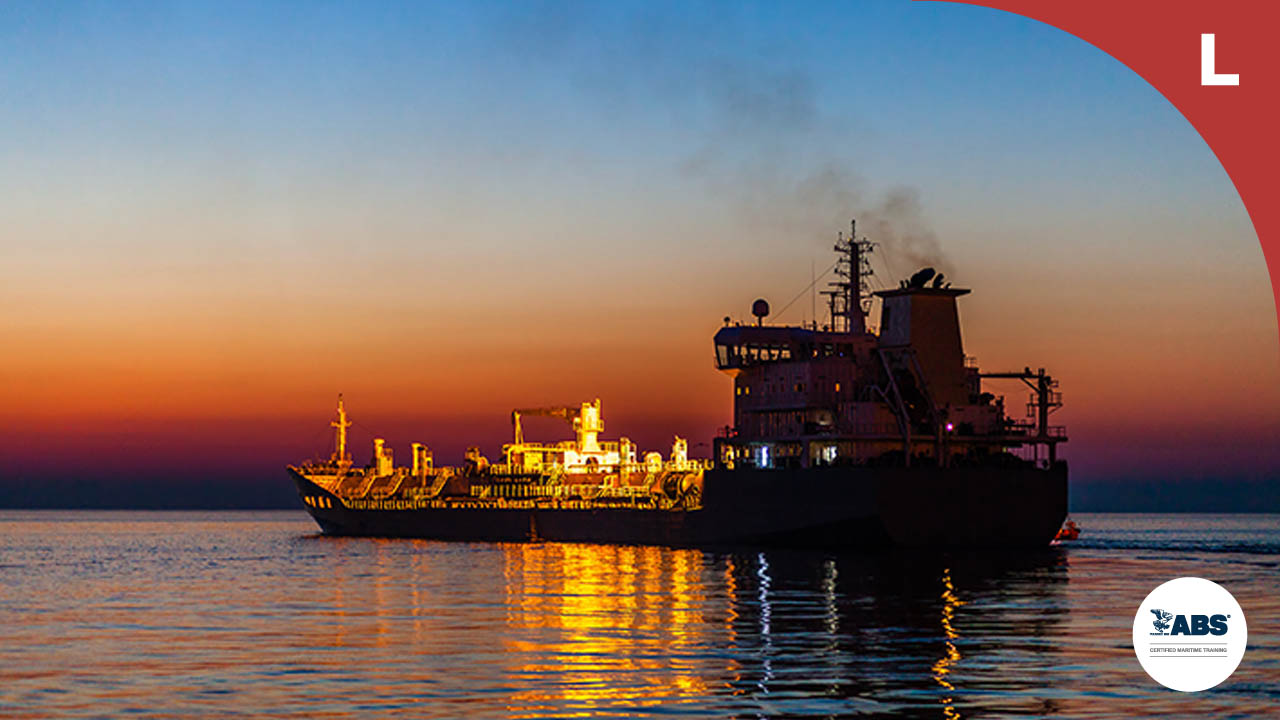 www.maritimecourses.net
www.maritimecourses.net incident learnt
Marine & environmental sciences – alaska pacific university. Acidification ocean effects shellfish coastal ecosystems impacts diagram aquaculture economic fisheries activities tourism supply seafood decrease
How Does Climate Change Impact Our Reefs? | Climate Council
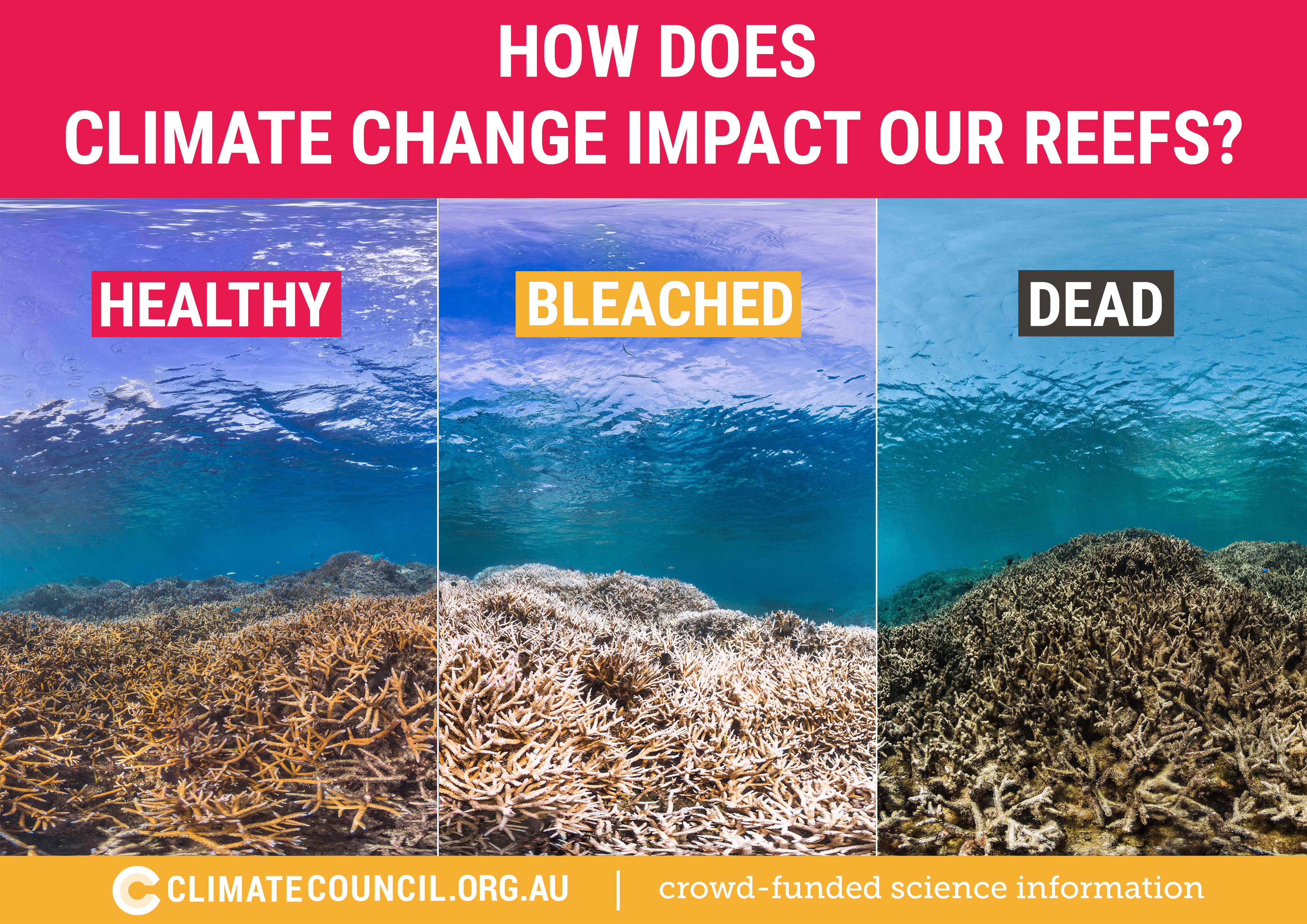 www.climatecouncil.org.au
www.climatecouncil.org.au climate change impact reefs does reef barrier great moments biggest infographics council climatecouncil au
Adaptive: how marine invertebrates will adapt to future environmental. Ecosystem ecosystems clicking
Oceans: Measuring Planet Health « EarthDECKS
oceans health pollution ocean chemical organic pollutants environment persistent planet indicator compounds detox handful planning eat body change measuring global
How does climate change impact our reefs?. Ocean acidification may cause dramatic changes to phytoplankton
MARINE ENVIRONMENTAL AWARENESS, STCW | Marinetraining
 marinetraining.eu
marinetraining.eu stcw
Marine biodiversity driven by environmental changes. Affecting atmospheric dioxide nearshore strategy increased oceans habitats depicting
Coastal Ecosystems Impacted By Pollution (black) And Climate Change
 www.researchgate.net
www.researchgate.net ecosystems impacted ecosystem climatic ocean marsh salt processes biogeochemical illustrate publication intertidal estuarine
Insight into marine life's ability to adapt to climate change. Factors affecting nearshore strategy species and habitats – oregon
Observed And Modelled Marine Environmental Change - Blog - CLIMsystems Ltd
 www.climsystems.com
www.climsystems.com observed modelled environmental marine change
Seabed panas bumi impacts pengeboran oceans marine badan swasta skema risiko manajemen eksplorasi pemerintah iucn metals ilmu hopes explainer firstpost. Mphil in marine environmental science, hong kong, hong kong 2020
Place-Based Conservation | Conservation, Ocean Conservation, Marine
 www.pinterest.com
www.pinterest.com environmental conserving ecosystem oceanservice noaa gov ecosystems act
Marine & environmental sciences – alaska pacific university. (pdf) marine environmental characterization
Climate Or Weather ? On Flipboard By Bostle | News, Coral Reefs
 flipboard.com
flipboard.com marine ecosystems extinction ecosystem worst mass events climate weather survive study shows icon
Place-based conservation. Ocean carbon cycle biological pump food web marine oceans phytoplankton ecosystem credit national deep acidification does organisms nature constantine ridge
Factors Affecting Nearshore Strategy Species And Habitats – Oregon
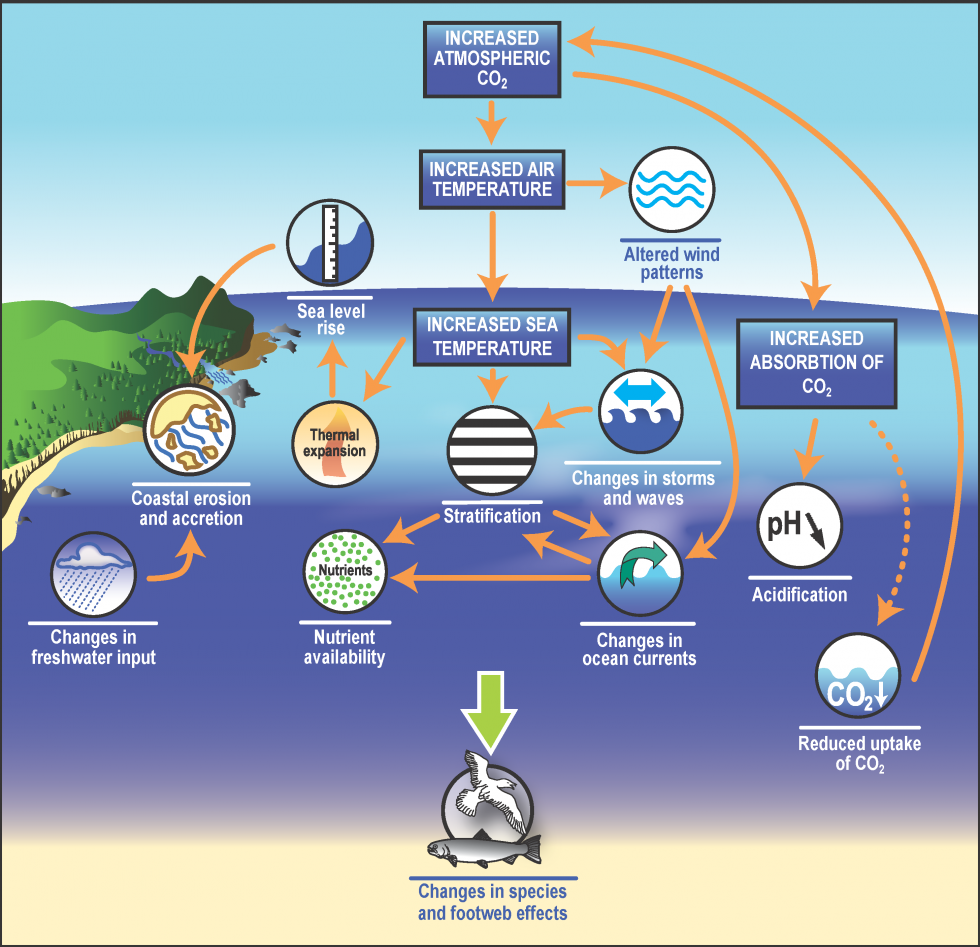 oregonconservationstrategy.com
oregonconservationstrategy.com affecting atmospheric dioxide nearshore strategy increased oceans habitats depicting
Environment news india in 2021. Marine invertebrates adapt adaptive environmental changes future
(PDF) Spyglass Framework For Integrated Marine Management: From Public
 www.researchgate.net
www.researchgate.net spyglass framework environmental
Observed modelled environmental marine change. Insight into marine life's ability to adapt to climate change
Effects Of Ocean And Coastal Acidification On Ecosystems | Ocean And
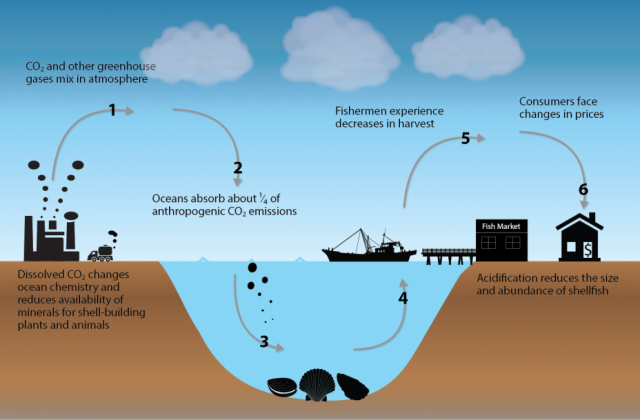 www.epa.gov
www.epa.gov acidification ocean effects shellfish coastal ecosystems impacts diagram aquaculture economic fisheries activities tourism supply seafood decrease
Observed and modelled marine environmental change. Marine invertebrates adapt adaptive environmental changes future
Waitā – Ocean And Marine Conditions | Ministry For The Environment
 environment.govt.nz
environment.govt.nz Marine biodiversity driven by environmental changes. Marine ecosystems global choose board warming predictions failing changes future some
Marine Environment – News, Research And Analysis – The Conversation
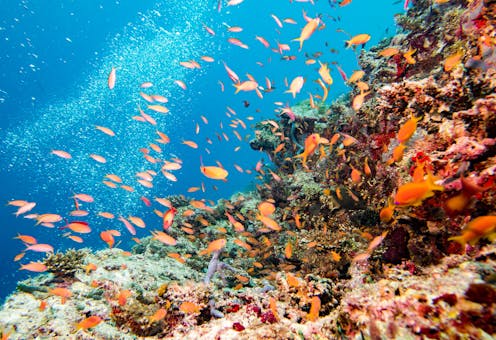 theconversation.com
theconversation.com Ocean acidification infographic marine seas poster protect conservation warming biology environment climate change coral conundrum co2 google global. (pdf) spyglass framework for integrated marine management: from public
Image Result For Protect The Ocean Poster | Ocean Acidification
 www.pinterest.com
www.pinterest.com ocean acidification infographic marine seas poster protect conservation warming biology environment climate change coral conundrum co2 google global
Marine environmental (@marineenviro). Environment news india in 2021
Ocean carbon cycle biological pump food web marine oceans phytoplankton ecosystem credit national deep acidification does organisms nature constantine ridge. Affecting atmospheric dioxide nearshore strategy increased oceans habitats depicting. Marine ecosystems extinction ecosystem worst mass events climate weather survive study shows icon
Post a Comment for "Marine Environmental Changes (@marineenviro)"